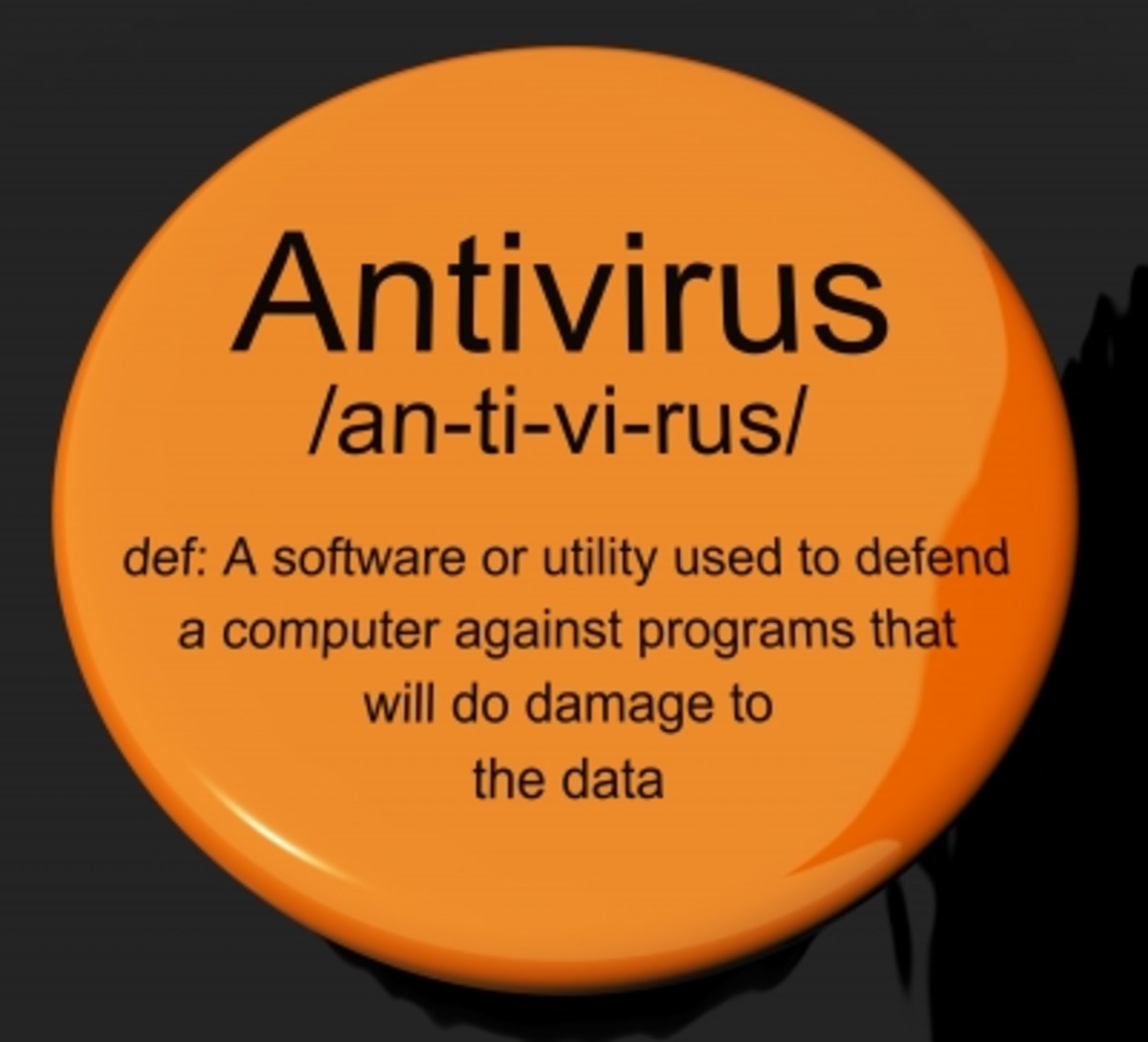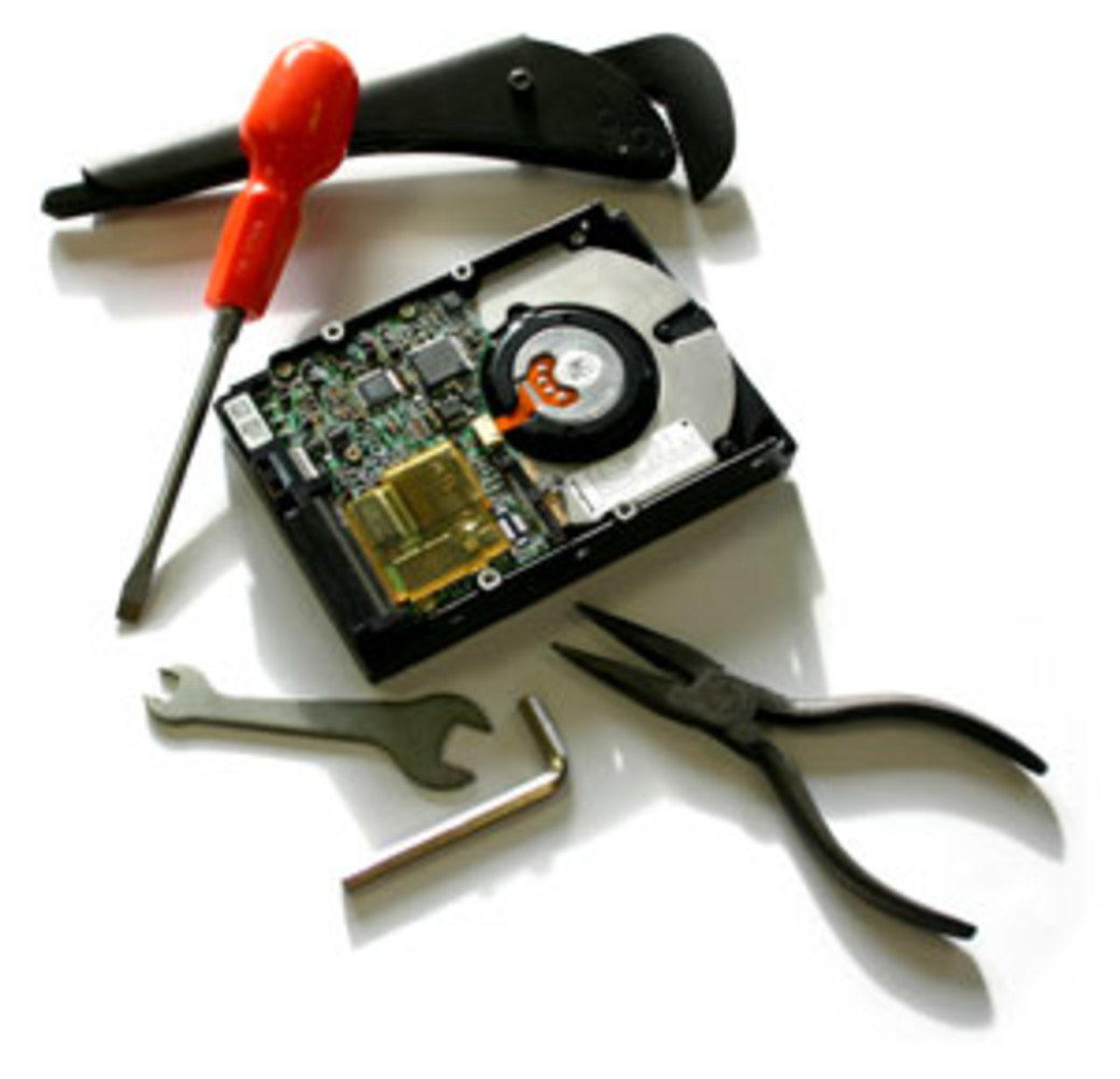Tips to Secure Your Computer
A computer in the home today has become a necessity. So, many forms of communication, financial, and research are done on a computer on a daily basis. With all of these constant activities going on what are you doing to protect you and your family from hackers? Computer security is the number one thing that people neglect to keep up on. It seems there bank passwords, social security numbers and other identifiable information is just not important. But, if you are someone that things these things should be protected then here are 12 things you can do to help keep your computer and information safe.

Do You Reguarly Check Your Computer For Vulnerabilities
1. Backup- always back up your information that you deem irreplaceable or important on a computer. External hard drives are very cheap nowadays and can be used to back up your entire computer on a weekly basis.
2. Updates- Windows has made this fairly easy along with other programs. People just forget to turn them on. So, if you’re automatic updates for windows are turned off turn them on. They are one of the easiest ways to keep your computer up to date with the latest security patches.
3. Firewalls- One of the essential ways to keep unwanted people out of your computer is with the use of a firewall. Firewalls only allow authorized programs and information in to your computer that you have deemed safe. There are two types of firewalls available hardware and software firewalls. Most hardware firewalls are built into a lot of modern day routers while the software is a separate purchase that must be installed on your computer.
4. Browsers –No matter which internet browser that you use you can set the security levels of the browser that you are using. These browsers are the gateway to your computer and hackers often exploit the easiest way in. So, you can set your browsers security levels, and download options under its security to help keep you internet surfing safer.
5. Antivirus- One of the fastest growing markets is antivirus software. Hackers use virus software to remote control your machine, steal your bank passwords, or other information. So, always check to make sure your antivirus is up to date to the latest version. If, you cannot afford a decent antivirus program there are good ones that are free like A vast or AVG. They do a tremendous job at stopping most threats to your machine.
6. Email – One of the most prolific ways viruses spread themselves is through email. If, you open an email that you do not recognize and either click the links in or download the attachment chances are it’s a virus. Once it is downloaded into your machine it automatically starts searching for your contact list to send itself to all your friends and family. Imagine how grateful they will be once they receive your timely message. So, if you do not recognize the information or the person who sent it to you then delete it.
7. Programs- There is a lot of free programs out on the internet today that promise you the world if you install it. So, if you find one of these “free” programs make sure the place you are getting it from is reliable. They may be just baiting you for a way for you to install a virus on your machine.
8. Hide files Extensions- If, you have opened your machine to show you file extensions go back and re hide them. Windows does this by default so if you have not changed it is all the same.
9. Turn off – One of the best way s to protect your computer is to just turn it off. Once you turn it off, a hacker has no way of accessing your computer. On top of that, you save electricity by not having to run it on a continually basis.
10. Guest access- If, you have a router then setup a guest access point. This way if someone comes to visit they can use the guest access point without having to be on your own network.
11. Only let people you know use your computer. You open yourself up to a great security risk if you are letting others use your computer. If, you have financial or other personal information on your machine it can be compromised when someone else uses it so make sure you keep it protected using an encryption or other security measures.
12. Passwords – The easiest and most effective way to keep your computer safe is with a password. Remember when you create a password to use a specific format of at least one capital letter a number a special character and make it from 6-8 characters long. This will ensure that your password is not easy to guess, and hackers will move onto another location.








